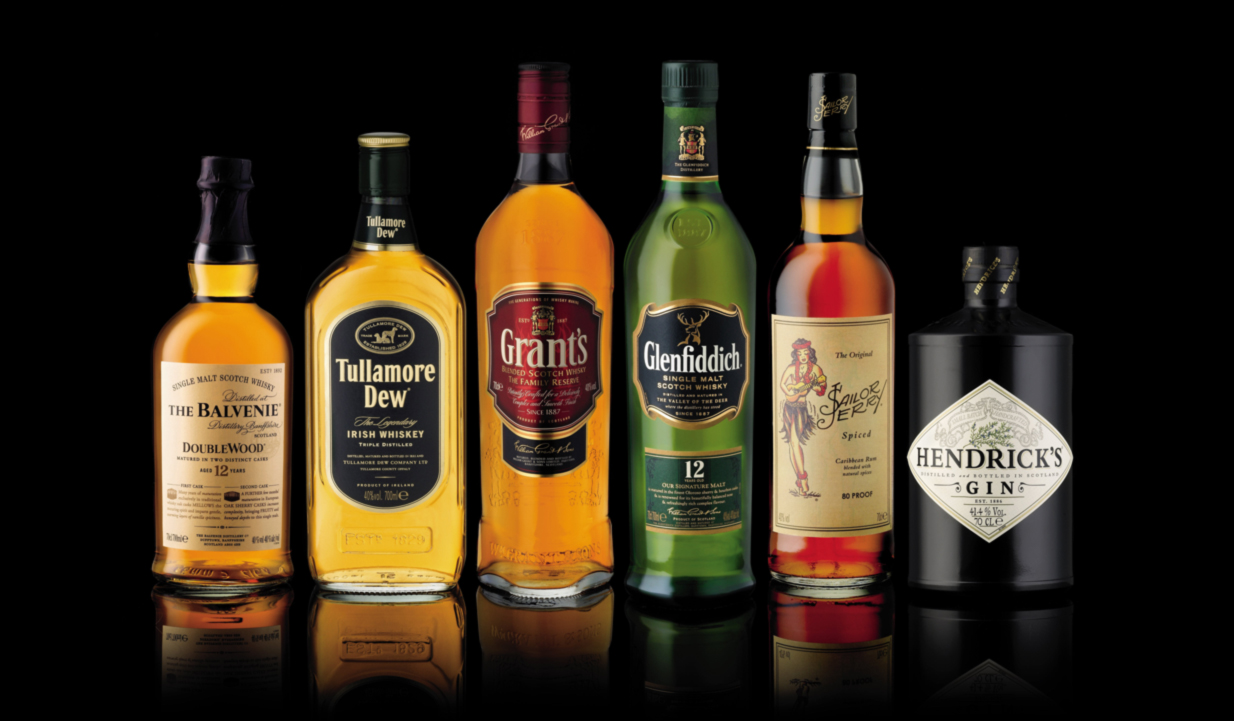Intellectual Property Update

27 Feb 2017
This short update is to advise on and remind of Intellectual property considerations and news.
1. Acquisitions, mergers and trademarks
For beer lovers world-wide the end of September 2016 saw two of the world’s biggest beer makers Anheuser-Busch InBev and SABmilller become one with Anheuser-Busch purchasing SABmiller, the deal valued at R1.4 trillion.
Attributable also to leading brands including Carling Black Label, Castle and Hansa – some of the forerunners of SAB in South Africa – the beer company will now have more than a quarter of this industry’s global footprint with over two hundred and twenty beer brands worldwide.
Successful business acquisitions require a thorough due diligence noting the territorial nature of brands and trade marks. Trade mark registration is recommended in every relevant country and consequently, while essential principles of trade mark law provide guidance, trade marks are governed by country-specific acts and regulations.
Importantly too, the transfer of the trade marks to the designated IP holding entity requires signed agreements and where required recordal of these assignments at the relevant registries.
2. The likelihood of confusion
William Grant & Sons successfully opposed registration of the trade mark CLAN for whisky in the European Union by drinks producer, Speciality Drinks, based on its registration for CLAN MACGREGOR.
The European Union courts reiterated one of the principle tests of confusion in Trade Mark Law – if the average consumer is confused as to the origin of a product because of a brand, this confusion is a basis for trade mark infringement.
Speciality Drinks argued that whisky drinkers are discerning and would distinguish between CLAN and CLAN MACGREGOR therefore not confusing the two. While the European court agreed that there are sub categories of consumers for alcoholic drinks, including Scottish Whisky, Speciality Drinks did not prove to the court that whisky consumers would not be confused.
Trade mark protection, registration and maintenance are vital contributors to the success of any business. When committing to a trade mark it is important not to impinge on prior rights. As a consequence of the territorial nature of intellectual property rights, a trade mark registered in one territory is not automatically available for use or registration in other countries. It is therefore essential to first ascertain by searching the relevant registers whether the proposed trade mark is available in the relevant market and that the use thereof will not infringe an existing local trade mark.
(This article is provided for informational purposes only and not for the purpose of providing legal advice. For more information on the topic, please contact the author/s or the relevant provider.)
